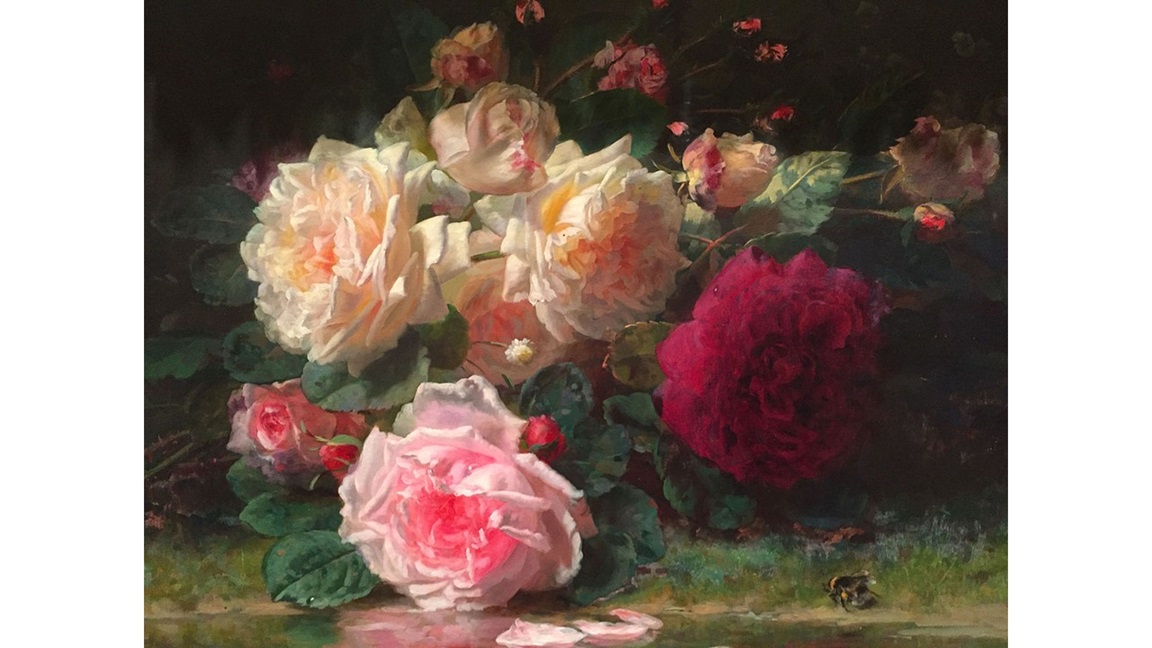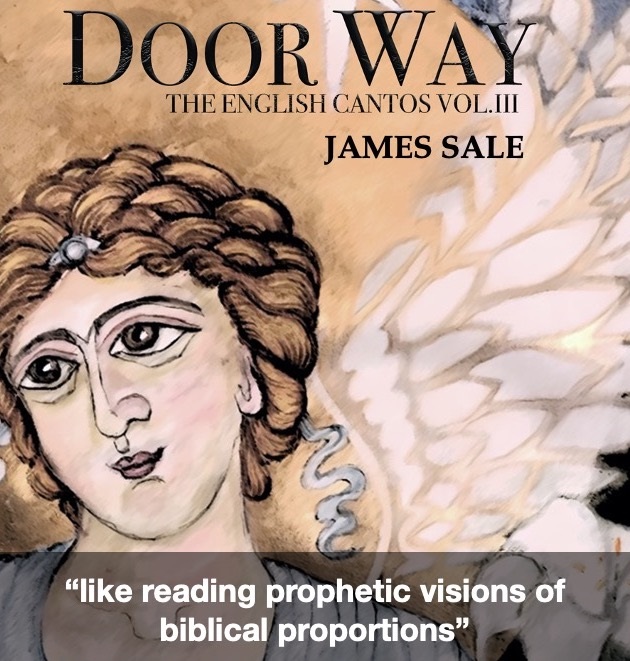.
The Tundra Swan
Its full and light and interfolding feathers
__Number ten thousand plus,
No wonder that the tundra swan out-weathers
__With less than little fuss
__The brisk Antarctic breeze,
Yet half of them are quite superfluous.
__Dear swan, I ask you please
__To lend some excess down
To I whose swollen heart is ill-at-ease,
__Whose burden weighs me down;
__For with the feathers of
_Your back or breast, your neck or crown,
__I’d fly so far above
The clouds and there exclaim “I love, I love.”
.
.
Daniel Joseph Howard studied law in his native Ireland, earned an MA in philosophy at King’s College London and worked for the European Commission. He is currently a pensionnaire étranger at the École Normale Supérieure in Paris, as well as a Teaching Fellow and PhD candidate in the United States.

















Tundra swans are something I never contemplated. What an interesting choice for a poem and an inspired ending.
Nor had I until I came across the following madrigal by Torquato Tasso:
Bella Angioletta da le vaghe piume
Prestane al grave pondo
Tante, ch’io esca fuor di questo fondo,
O possa in qualche ramo
Di te cantando dire: “Io amo, io amo”.
Translatable as follows:
Beautiful little angel lend your wings
To one in the abyss,
That I at last might fly away from this,
And on some branch above
Start singing out to you: “I love, I love”.
It occured to me that a swan could play the same role as Tasso’s angel.
What a wonderful poem, Daniel! The form, the rhymes, and, of course, the sweet melody birthed by every line. Can’t get enough of it. Brilliant work!
Thank so you much, Shamik. Glad you enjoyed it.
Nice rhyming of “feathers” with “out-weathers”.
Thanks Cheryl – the limited number of possible rhymes for certain words certainly stimulates a poet’s creativity!
An exquisite lyric, Daniel, but for the love of grammar, please begin line 9 with “To me.” The pronoun as object of a preposition needs to be in objective case. You have a second fine poem here in your translation of the Tasso madrigal, using the rhyme scheme of the original.
Mea culpa – well spotted Margaret!
Unless the object of the preposition “to” is taken to be the entire phrase “To I whose swollen heart is ill-at-ease.”
Rather, “I whose swollen heart …”
Let’s go back, rather than forward, to understand Daniel’s highly skilled syntax here. He addresses the swan, saying,
“I ask you to lend [direct object “some excess down”] to me.” The second “to” is only necessary because the indirect object “me” is not placed immediately after the verb “lend.” Daniel could have said “lend me” those extra downy feathers. But since he chooses to place the indirect object of “lend” after the direct object, he must use a “to” showing that the first-person pronoun is the indirect object. That first-person pronoun has two reasons for being in the objective case! “Lend ME the feathers,” and “Lend the feathers to ME.” In either consideration “I” is correct.
Incorrect!
This is one of the best poems I have read this year. The words are as light as down but as deep as snow, as the bitter chill is transformed into love and warmth.
I am very grateful for your generous comment, Mr. Anderson.